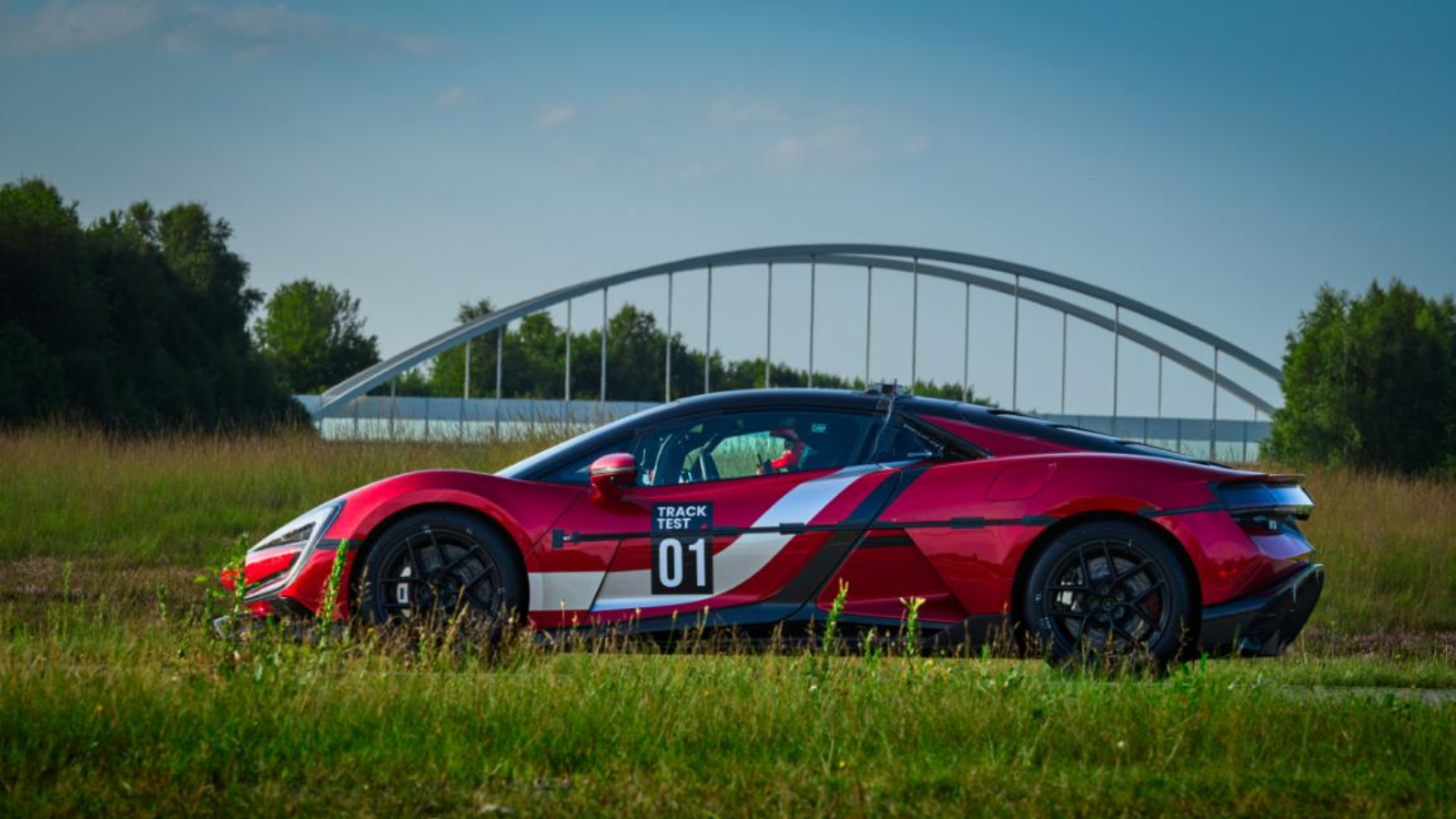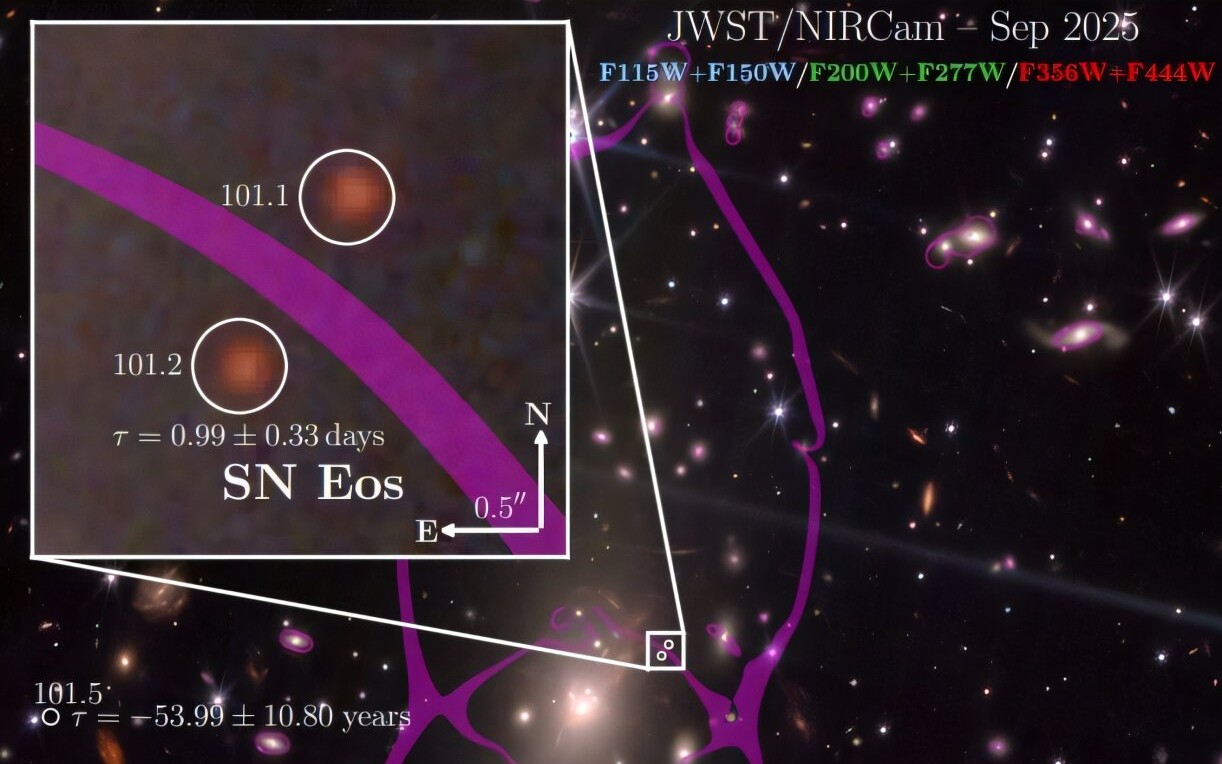Meet the Chinese supercar that just smashed the EV speed record
Chinese EV maker BYD has designed and tested a supercar with a top speed that rivals the best gasoline cars.

The Chinese electric vehicle brand BYD has built the world's fastest fully electric supercar — smashing previous records by hitting top speeds of 293.54 mph (472.41 km/h).
This record was set on the ATP Automotive Testing Papenburg test track in northern Germany on Aug. 8 by BYD's YANGWANG U9 Track Edition.
With 2,960 horsepower and a power-to-weight ratio of 1,341.5 horsepower per ton (1,217 horsepower per tonne), the YANGWANG U9 Track Edition raced past the previous EV speed record of 268.2 mph (431.62 km/h), set by the Rimac Nevera R in July.
This car is the younger sibling to BYD's first fully electric supercar, the YANGWANG U9, which has 1,300 horsepower and was launched last summer. The Track Edition still bears a family resemblance to the standard U9 model, sharing the same aerodynamic design.
It is also built upon the same power system, which has four independent electric motors and four-wheel torque control, as well as a body control system, which keeps the car as flat as possible when speeding up, slowing down or going round corners.
The lithium iron phosphate "Blade Battery" remains the same, with its flat rectangular shape allowing for efficient cooling and increased energy density, BYD representatives said on the company's website. This battery can be charged from 30% to 80% in just half an hour.
Get the world’s most fascinating discoveries delivered straight to your inbox.
To overtake the speed record of 233 mph (275 km/h) the U9 set in August 2024, BYD engineers built in a temperature control system for the battery and motor that is tailored to extreme conditions. They also added "the world's first mass-produced 1200V ultra-high-voltage vehicle platform", BYD representatives said in a statement.
This means that, on average, the battery, motor, power supply, air conditioning and other components are brought up to 1200 volts.
"Last year, I thought I'd peaked. I never expected to break my own record so soon" Marc Basseng, the German professional racing driver who set the record, said in the statement. "But here we are, at the same track, with new technologies that have made it possible."
This new record places EV supercars within touching distance of their gasoline counterparts. Currently, the fastest road legal cars are the Koenigsegg Jesko Absolut, which is estimated to reach a top speed of 310 mph (500 km/h) — though this hasn't been proven in the real world yet — and the SSC Tuatara, which has reached a speed of 295mph (475 km/h).

Sophie is a U.K.-based staff writer at Live Science. She covers a wide range of topics, having previously reported on research spanning from bonobo communication to the first water in the universe. Her work has also appeared in outlets including New Scientist, The Observer and BBC Wildlife, and she was shortlisted for the Association of British Science Writers' 2025 "Newcomer of the Year" award for her freelance work at New Scientist. Before becoming a science journalist, she completed a doctorate in evolutionary anthropology from the University of Oxford, where she spent four years looking at why some chimps are better at using tools than others.
You must confirm your public display name before commenting
Please logout and then login again, you will then be prompted to enter your display name.
 Live Science Plus
Live Science Plus






